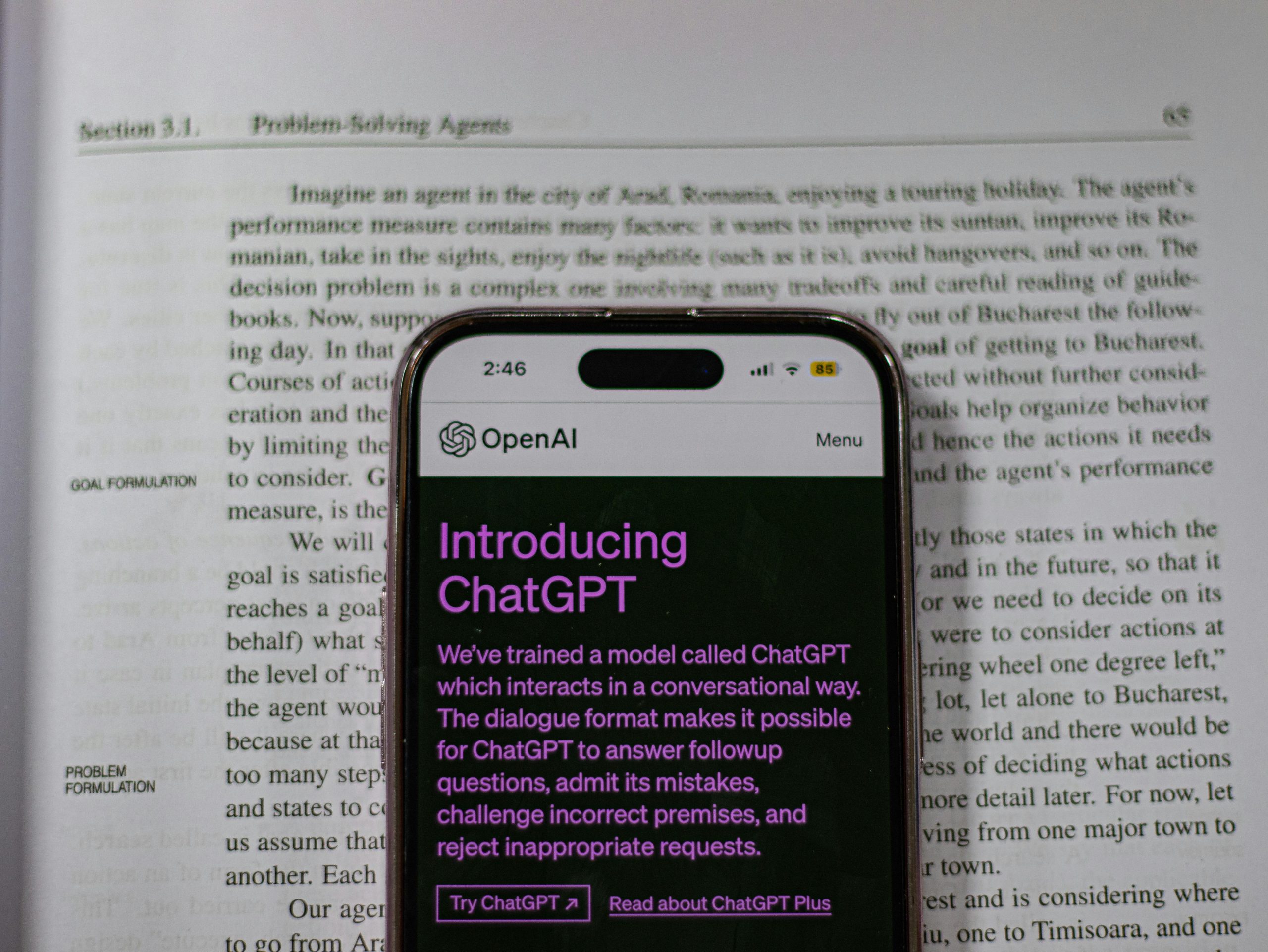Is Anyone Else Observing This? The Unsettling Surge of “Bot-Style” Comments on YouTube & Instagram – Are We Experiencing a Large-Scale Public AI Training Campaign?
Uncovering the Hidden AI Training Ground: The Rise of Generic Social Media Comments
In recent months, many social media users and content creators have started noticing an unusual trend: a surge of seemingly robotic comments appearing across platforms like YouTube Shorts and Instagram Reels. These comments are often generic, overly positive, and lack any real personality—such as “Great recipe!” on a cooking video or “Such a cute dog!” on a pet clip. They’re perfectly grammatical but feel eerily uniform and impersonal.
This phenomenon raises an intriguing question: could these uniform interactions be part of a clandestine effort to train artificial intelligence systems? It appears we might be witnessing a large-scale, publicly visible AI training operation in action.
Are These Just Low-Effort Comments, or Something More?
At first glance, these comments might seem harmless or merely lazy attempts at engagement. However, the pattern suggests a more systematic purpose. By posting these basic comments and observing user reactions—likes, dislikes, reports—developers could be teaching AI models the rules of online interaction. Essentially, these interactions could serve as live training data, helping AI systems learn to generate human-like responses and background noise suitable for various contexts.
What’s the Endgame?
There are two primary theories about who might be orchestrating this and their ultimate intentions:
-
Benign Perspective: Major tech corporations such as Google or Meta might be using these platforms to develop more sophisticated natural language processing systems, aiming to improve customer service bots, virtual assistants, or other AI-driven features.
-
More Concerning Perspective: Alternatively, this could involve covert actors—potentially even nation-states—training bots for more malicious purposes, such as astroturfing, disinformation campaigns, or subtle social manipulation.
The Bigger Implication
Unbeknownst to many, our everyday interactions online might be feeding into the training data for the next generation of AI technology. Whether for constructive purposes or deceptive tactics, this ongoing process raises vital questions about authenticity, manipulation, and the future of online communication.
In Summary: The seemingly innocuous, generic comments flooding social media could actually be part of a sophisticated AI learning process. Their purpose remains unclear—are they helping build smarter, more human-like chatbots, or are they laying the groundwork for more insidious forms of influence?
What are your thoughts? Have you observed these artificial comments firsthand? Do you see this as a harmless training mechanism or a potential threat? Your insights are














Post Comment